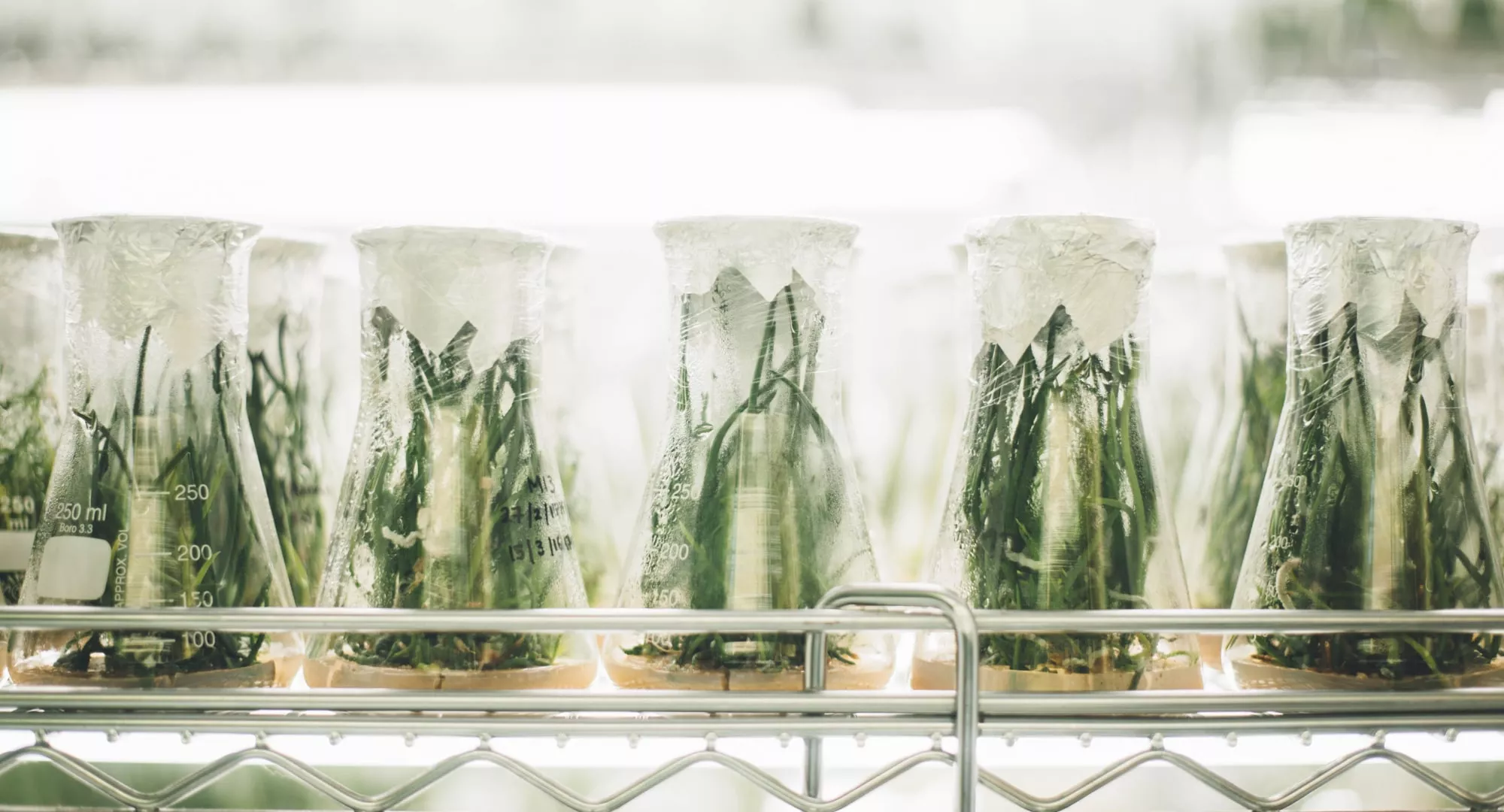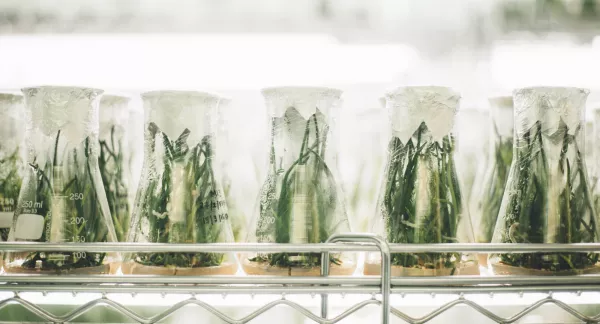
Understanding the Value Proposition for Thermal Processes to Mitigate PFAS in Biosolids
Abstract
As per- and polyfluoroalkyl substances (PFAS) have dramatically shifted the biosolids management landscape, utility managers lack options for dealing with PFAS. Currently, the use of thermal processes has grown as a management option for biosolids. Current research has primarily focused on confirming the removal of PFAS from biosolids through pyrolysis without focusing on what actually happens to the PFAS. Whether these processes remove, transform, or destroy PFAS remains unknown. Understanding the fate of PFAS in effluent gas phases will be especially critical should air-based PFAS limits be established. The value of thermal processes to utilities will remain unknown until the complete fate of PFAS through these processes and all their effluent products (solids, liquids, gas) is determined.
The objective of this project is to establish mass balances for PFAS in biosolids across thermal process phases that are relevant in a regulatory framework to provide utility managers with tools to support biosolids planning, management, and plant operation.
Project Updates
Reporting Period: January 2025 – July 2025
Reporting Period: July 2024 – January 2025
Reporting Period: January 15, 2024 – July 15, 2024
Reporting Period: April – July 2023

